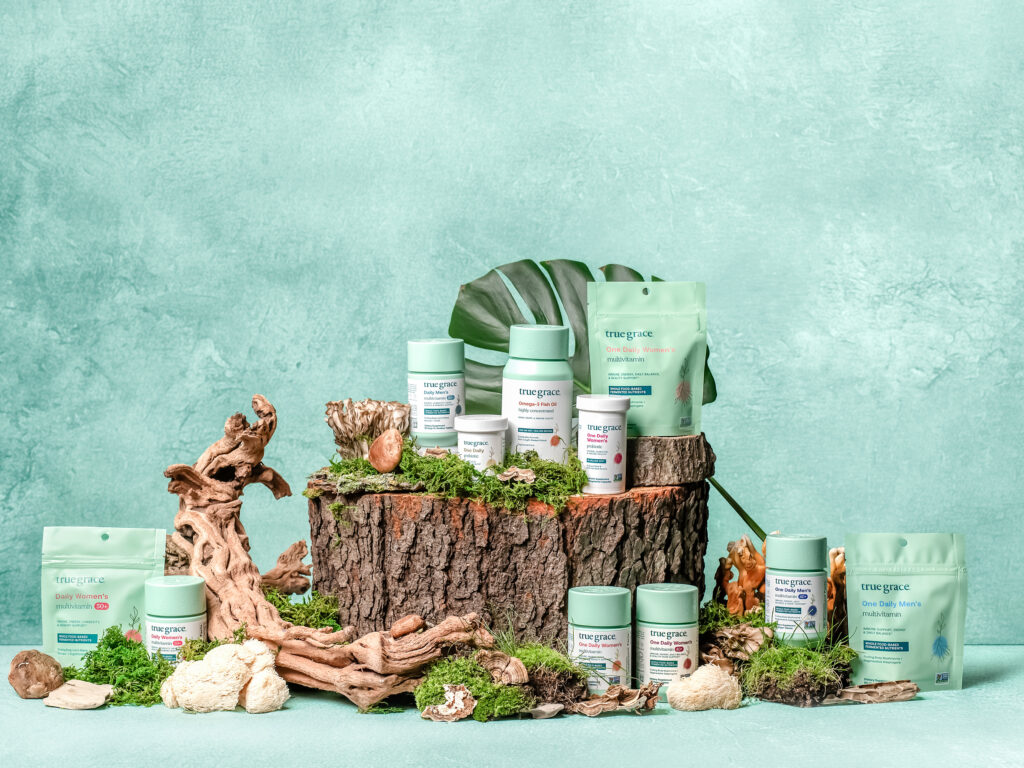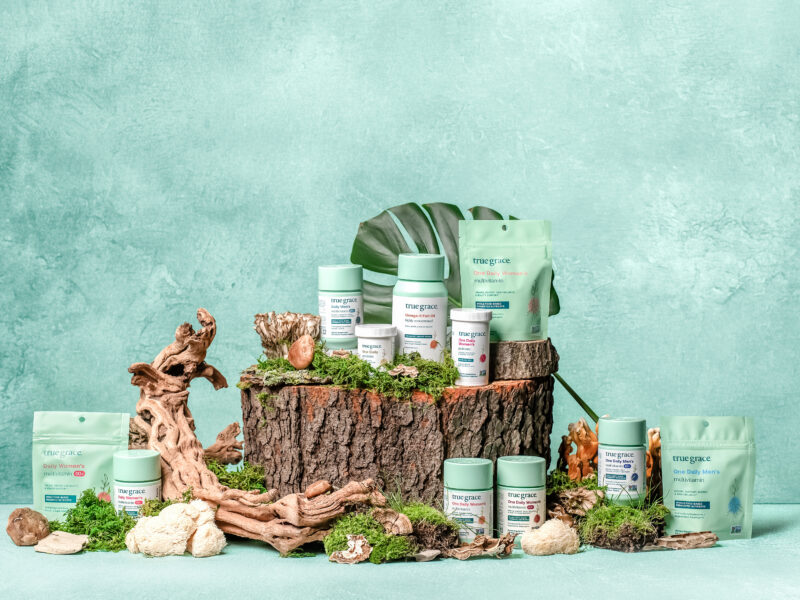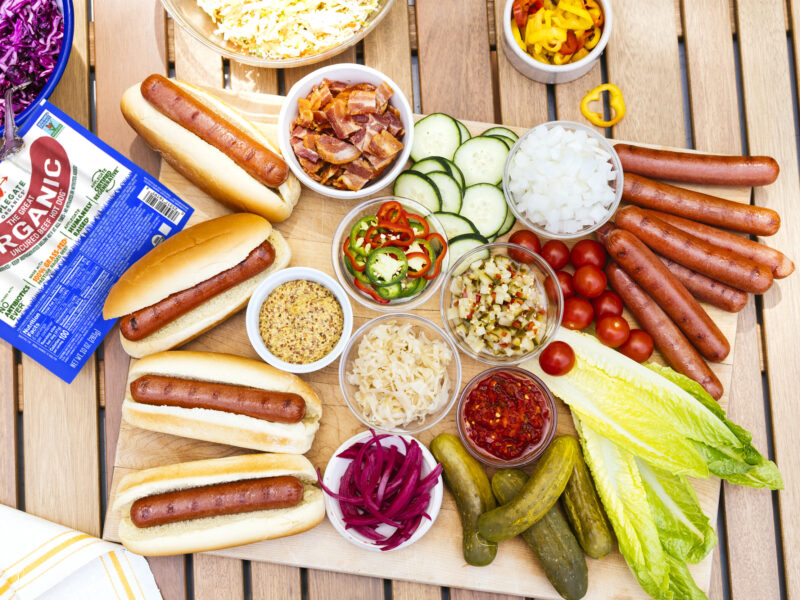
Name: Kristina Hall
Company Name: True Grace
Location: Pewaukee, Wisconsin
Why did you choose to create a certified organic product?
As a mom and someone deeply passionate about both human and planetary health, choosing certified organic was a natural decision. I wanted to create supplements that didn’t just support well-being but also helped heal the earth. Our mushroom line and regenerative organic microgreens reflect that mission—they’re grown without synthetic chemicals and in harmony with nature. Organic is more than a label to us; it’s a commitment to nutrient density, transparency, and environmental stewardship. While not all of our supplements can be certified organic or Regenerative Organic Certified (ROC), we prioritize sourcing those ingredients whenever possible.
How long has your brand been certified organic?
While True Grace as a brand is not certified organic, we are deeply committed to sourcing the highest quality ingredients. We prioritize nutrient density and work with suppliers who grow organically and, whenever possible, follow Regenerative Organic Certified (ROC) practices. Our focus is on delivering supplements that support your health and the health of the planet.
Is it difficult to source certified organic ingredients?
Yes—and that’s exactly why we do it. Finding high-quality, certified organic ingredients takes time, strong partnerships, and unwavering standards. But we believe it’s worth it. Working with regenerative organic farms and trusted suppliers ensures we’re not just creating supplements—we’re creating real change in the food and farming systems. While not all of our supplements can be certified organic or Regenerative Organic Certified (ROC), we prioritize sourcing those ingredients whenever possible.
What myth would you like to bust about being an organic food pioneer or the organic industry as a whole?
That organic is just a marketing buzzword. In reality, it’s a powerful way to protect soil health, reduce exposure to harmful chemicals, and create more nutrient-rich food. Organic certification is hard-earned, and behind every product is a chain of decisions that prioritize health and sustainability over shortcuts and profits.
What is the biggest challenge you face as an organic pioneer?
Many people assume all supplements are created equal, but they’re not. Getting people to understand the deeper impact of their choices, both for their health and the planet, is a constant challenge—but it’s also our greatest opportunity.
Where do you see organic food, farming, and products in the next 5 years?
I see a shift toward even greater transparency and regenerative practices. Consumers are becoming more curious, more conscious, and more demanding of integrity. I believe organic will evolve beyond just what’s not in a product, and more toward what is—nutrient-dense, soil-grown, and independently tested for purity and potency. We hope to lead that movement.
What advice would you give to a younger generation of entrepreneurs looking to get into the organic industry?
Stay grounded in your “why.” It’s not the easiest path, but it’s the most meaningful. Partner with farmers. Learn from others in the space and stay open to new ideas. Get your hands in the soil. And don’t compromise on your values—because that’s where real change begins.









